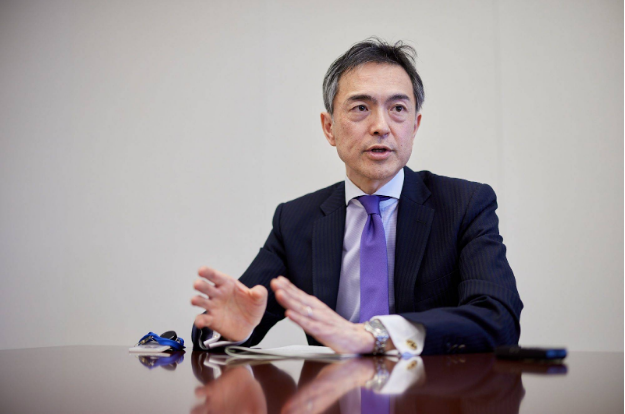During the early years of bitcoin wherein crypto regulation around the asset class was lax, Japan was among countries that traded and managed it. Mt. Gox, which was once known as the largest crypto exchange, was the home of the early Bitcoin in the Land of the Rising Sun.
But after the 2018 $500-million crypto hack on their local crypto exchange Coincheck, the Japanese government is now urging other countries to apply the same type of oversight on crypto to banks.
Japan Wants To Tighten Crypto Regulation
In an interview with Japan Times, Mamoru Yanase said the following:
“Crypto became big […] implementation of effective regulation can be done just like with how you both regulate and supervise traditional institutions.”

One of the triggers of the stricter crypto regulation in Japan was the infamous collapse of FTX and the fraud charges against Sam Bankman-Fried, its founder and former CEO.
Yanase also pointed out the differences when it comes to the global regulations of digital assets.
Thanks to Japan’s push for crypto regulation and existing rules that provided them some sort of shielding from the FTX crisis, investors of the exchange will be able to withdraw their funds from a local subsidiary of the company from February, according to Reuters.
Yanase, who has experience in financial regulation, has stated that crypto technology itself is not to blame for the most recent disaster.
“The recent scandal in cryptocurrency showed something else. The issue with loose governance, absences in both regulation and supervision, and relaxed internal controls.”
Japan, A Crypto-Friendly Nation
Before the local 2018 crypto hack, Japan already recognizes BTC and other similar cryptocurrencies and virtual assets as legitimate properties, according to Sanction Scanner.
The recognition is done in accordance to the Payment Services Act (PSA), which is part of the government’s advanced regulatory infrastructure for cryptocurrencies. Crypto exchanges should be registered and adhere to the policies of the Anti-Money Laundering/Combating the Financing of Terrorism (AML/CFT).
The country’s National Tax Agency determined that cryptocurrency earnings are classified as “miscellaneous income” in 2017.
Japan is seen as relatively crypto-friendly despite calls for tighter crypto regulation. Companies that would like to engage with cryptocurrencies are allowed to register as cryptocurrency exchanges, and the industry is largely unrestricted.
PSA Transformation
Meanwhile, changes have been made in the PSA since the 2018 breach, along with the Financial Instruments and Exchange Act (FIEA).
In May 2020, rules and regulations surrounding crypto regulation were updated as follows:
- Term change from “virtual currency to “crypto-assets”
- Increased limits on crypto users’ management of their virtual money
- Implementation of tighter regulations for the trading of crypto derivatives
- Cryptocurrency custody service providers are protected under the new laws and regulations of the 2020 PSA
- Companies with cryptocurrency derivatives are protected under the new FIEA
Featured image by Watcher Guru















